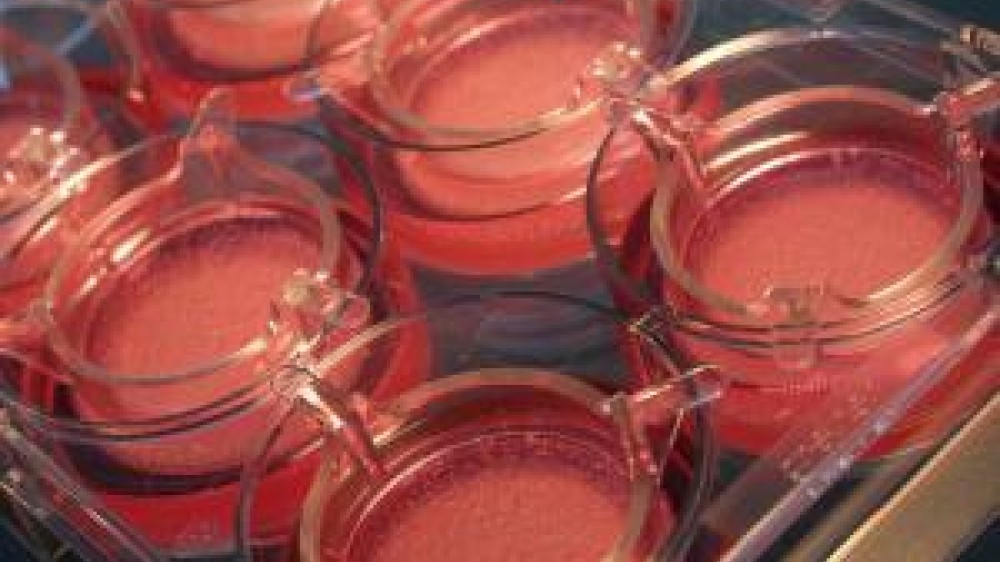Latest CRACK IT Challenges: funding innovative technologies with 3Rs benefits and business potential

Six teams have been awarded funding in Phase 1 of the latest NC3Rs CRACK IT Challenges competition, a challenge-led competition run in collaboration with the UK’s innovation agency, Innovate UK, using its Small Business Research Initiative (SBRI).
CRACK IT Challenges bring together industry, academia and SMEs to tackle current business and scientific questions that have the potential to deliver commercial benefits and reduce the reliance on animals in research.
In Phase 1 projects receive up to £100,000 for initial six month proof-of-concept studies. Their progress will then be evaluated by an independent panel of experts, and one team per Challenge may be chosen to continue into Phase 2 with further funding for three years.
During the competition, the applicants receive support from ‘Sponsors’: large companies, usually from pharmaceutical, chemical and consumer product industry, who help to define the Challenges and provide in-kind contributions including access to data, compounds or equipment to the innovators. GlaxoSmithKline, Unilever, Stiefel and Dstl will act as Sponsors for the Metaboderm Challenge. GlaxoSmithKline and Novartis will act as Sponsors for InMutaGene Challenge.
Dr Vicky Robinson CBE, Chief Executive of the NC3Rs said: “To date, the NC3Rs has invested more than £14 million in the CRACK IT Challenges competition, working to accelerate the availability of technologies which can provide sustainable 3Rs impacts. With the help and broad expertise of the sponsors of the Metaboderm and InMutaGene Challenges, these award winners will be able to develop their projects into new, marketable products that will positively impact the scientific community across multiple industry sectors.”
Details of the 2015 CRACK IT Challenges:
Metaboderm – understanding human skin metabolism
Predicting whether a substance applied to the skin will result in toxicity relies on understanding its behaviour: absorption, distribution and metabolism. This is crucial for the design and risk assessment of topically applied drugs and other xenobiotics, but the role of metabolism in the bioavailability and toxicity of these compounds is still largely unknown.
This Challenge aims to deliver new tools to understand and interpret human relevant skin metabolism, including rates of metabolism in the skin and metabolite identification.
A platform that successfully delivers the Challenge brief will provide scientific and business benefits across the pharmaceutical and personal care product industry, as well as have an impact on animal use in the pharmaceutical field.
Successful Phase 1 applicants:
- Professor Mark Birch-Machin, Newcastle University.
- Dr James Sidaway, Phenotox Ltd.
- Dr Craig Murdoch, University of Sheffield.
InMutaGene – risk assessment for gene therapy products
Gene Therapy is emerging as a medical reality, and there is an increasing demand for tests to assess the safety of this approach, including the oncogenic potential. Different factors could contribute to the risks of each system, including the type of cells and the vector, mode of delivery, epigenetics and the disease background.
The aim of the InMutaGene Challenge is to develop a comprehensive, human relevant risk assessment platform that will improve the safety of novel gene therapy products and reduce the reliance on animal models.
Successful Phase 1 applicants:
- Dr Michael Themis, Brunel University London.
- Professor Axel Schambach, Hannover Medical School, Germany.
- Dr Luca Biasco, Ospedale San Raffaele, Italy.
